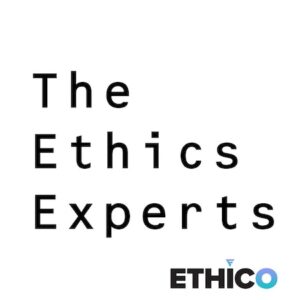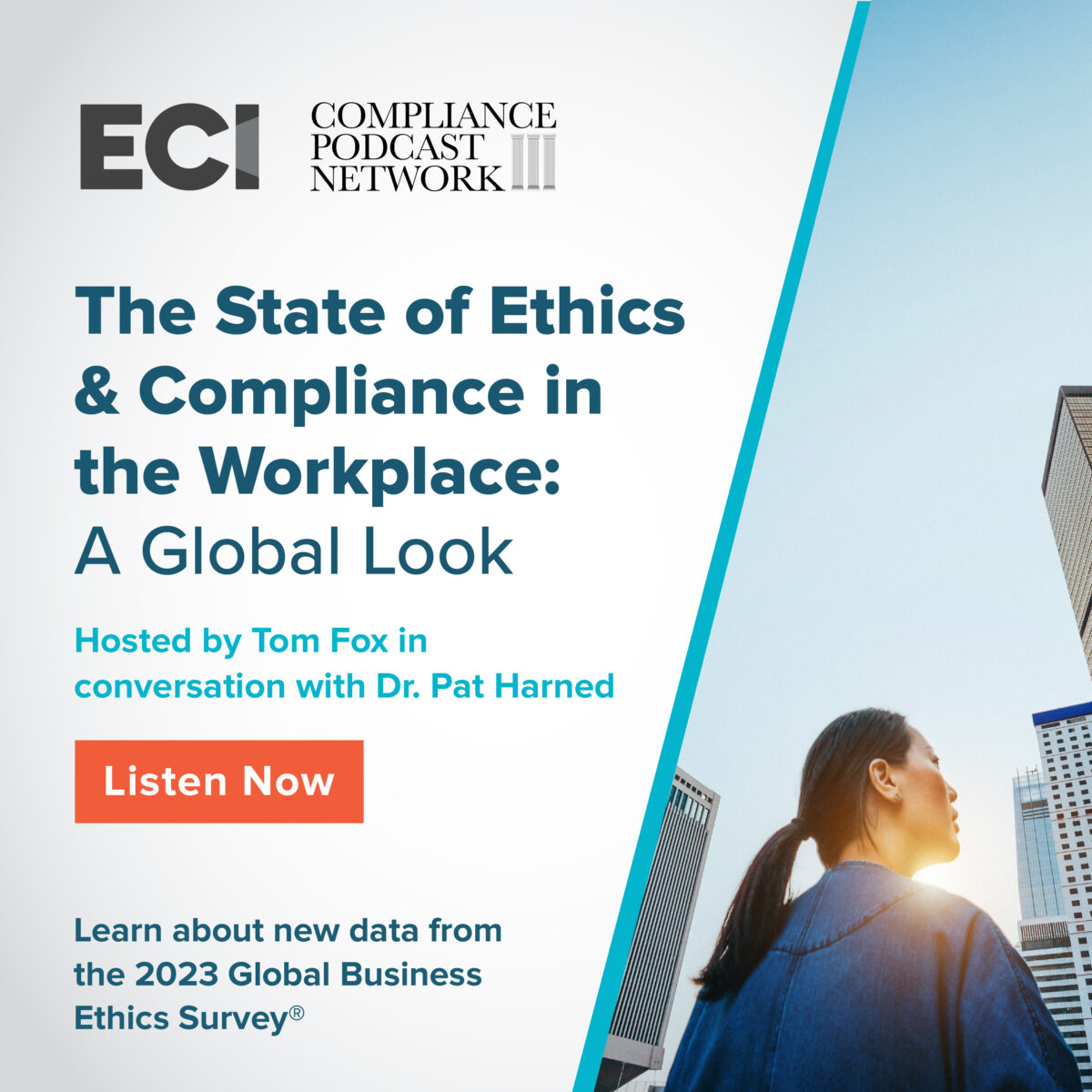Albemarle Corporation (Albemarle) recently agreed to pay more than $218 million to resolve investigations by the U.S. Department of Justice (DOJ) and the Securities and Exchange Commission (SEC) into violations of the Foreign Corrupt Practices Act (FCPA) stemming from Albemarle’s participation in corrupt schemes to pay bribes to government officials in multiple foreign countries. We have explored in some detail the DOJ Non-Prosecution Agreement (NPA). Today, I wanted to consider specifically some of the company’s failures, which were detailed in the SEC Administrative Order (Order).
Corporate Structure
At the time of the violations, Albemarle had three business units “corresponding to its primary product markets: catalysts (which contained the Refining Solutions business), lithium, and bromine. The Refining Solutions business developed and sold catalysts to oil refineries through sales offices and intermediaries around the world. The President of the Refining Solutions GBU reported directly to Albemarle’s Chief Executive Officer. Albemarle centrally coordinated its compliance, legal, finance, contracting, and internal audit functions.”
The Refining Solutions business was further broken down into four operating units. It included “Albemarle Catalysts Company B.V. in the Netherlands (“Albemarle Netherlands”); Albemarle Singapore Pte. Ltd in Singapore (“Albemarle Singapore”); Albemarle Chemicals (Shanghai) Co. Ltd. in China (“Albemarle China”); and Albemarle Middle East FZE in the UAE (“Albemarle Middle East”) (each, an “Albemarle Subsidiary,” and together, the “Albemarle Subsidiaries”). Albemarle also used sales agents to sell refinery catalysts in Vietnam, India, Indonesia, China, and the UAE.” A most exciting nugget detained in the Order revealed that “the sales agents in Indonesia and China were also retained as distributors.”
Finally, the Company “exercised control over the sales activities of the Albemarle Subsidiaries, which acted as agents for Albemarle when retaining agents to sell catalysts globally. Albemarle officers served on the Albemarle Subsidiaries’ boards of directors and held signatory authority over bank accounts at local branches of both U.S. and non-U.S. banks, used to pay sales intermediaries in the relevant countries. Albemarle sold refinery catalysts globally through agents and distributors approved by Albemarle sales, business, legal, compliance, and finance personnel and management.”
Internal Audit-Reporting Deficiencies
In perhaps the most damning phase of the Order, the SEC detailed how the Company’s internal audit function had raised the issue of insufficient controls multiple times, stating “Despite the known risks posed by Albemarle’s reliance on third-party sales agents and distributors in the sale of catalyst products to state-owned and -controlled oil refineries, Albemarle failed for many years to institute sufficient compliance systems and devise and maintain a sufficient system of internal accounting controls concerning the retention, payment, and oversight of these intermediaries.”
These included a series of internal audit reports in 2013, 2015, and 2016, all of which identified multiple gaps in Albemarle’s internal accounting controls with respect to the Refining Solutions business’s use of intermediaries. These reports set out a series of internal control deficiencies and failures, including that sales agents and distributors were paid:
- With incomplete due diligence,
- With a lack of executed contracts,
- With contracts that lacked required anti-corruption provisions;
- At not simply higher than market rates but at rates higher than those provided for by contract.
All of this was done in contravention of Albemarle’s policies and procedures.
Internal Audit-Recommendations
Yet, the internal audit did more than report deficiencies; it also made recommendations. As far back as 2013, the internal audit team recommended that Albemarle establish a comprehensive program specifically to manage and monitor the entire life cycle for intermediaries. The Order noted that “While Albemarle hired compliance personnel, reduced the number of sales agents and distributors without contracts, and implemented software to assist in third-party onboarding and contracting,” it failed to devise and maintain a sufficient system of internal accounting controls with respect to commission rates and deviations from contracted rates. In other words, even though there were internal controls in place, apparently, they could be overridden at will.
The Order concluded by noting, “As a result, sales personnel were able to increase agents’ commission rates in multiple countries – including Vietnam, India, China, and UAE – despite certain Albemarle personnel having knowledge of red flags indicating the agents would use a portion of the commission to make bribe payments to obtain contracts, influence tender specifications, or obtain nonpublic information concerning competitors’ bids.”
Internal Control Failures
The Order detailed a series of internal control failures by the Company across multiple business units in several different countries. The entire story paints a picture of a company that certainly did not have a culture of doing business ethically and in compliance.
In Vietnam, the Company “Agent was hired in 2012 at a 4.25 percent commission rate that Albemarle’s sales representative viewed as high for the region, and Albemarle approved an increase to Vietnam Agent’s commission to 6.5 percent in 2015 despite emails reflecting a high probability additional funds would be used to bribe Vietnamese government officials.” The Order went on to note, “Albemarle’s system of internal accounting controls was insufficient to prevent or detect these improper payments, which Albemarle Singapore falsely recorded as legitimate commissions in books and records that were consolidated into Albemarle’s financial statements.”
In India, multiple red flags emerged during Albemarle’s due diligence process. The India Agent claimed that its board of directors included two former senior India State-Owned Customer officials and Albemarle already had a sales agent in India. An Albemarle Subsidiary regional director alerted an Albemarle sales executive who was employed directly by Albemarle and based in the United States, of his understanding, based on a July 2009 call with an India Agent, that the agent would make corrupt payments to keep Albemarle in the bidding process. Additionally, “Albemarle increased India Agent’s commission in 2010 (via a backdated agreement) and again in 2012. A July 2014 email from an Albemarle Europe sales executive to India Agent described the commissions as “extremely high” and “far from any possible realistic justification.” Finally, “The agreement called for payment of a three percent commission to India Agent, a rate three times higher than that paid to Albemarle’s existing agent for India.”
In Indonesia, the Agent requested a commission increase expressly to fund bribes to Indonesia State-Owned Customer officials. Moreover, “Although Albemarle sales personnel declined to increase the commission and reportedly told Indonesia Agent that Albemarle did not conduct business via bribery, they did not report concerns to their supervisors, Legal, or Compliance personnel or take any steps to terminate the agency relationship. Instead, Albemarle made contractual commission payments and certain extra-contractual expense reimbursements to Indonesia Agent throughout 2013 in connection with a contract Indonesia State-Owned Customer awarded to Albemarle in April 2013. A portion of these funds was used to pay bribes. Albemarle’s system of internal accounting controls was insufficient to prevent or detect the improper payments made to and through Indonesia Agent, which Albemarle Singapore falsely recorded as legitimate commissions and business expenses in books and records that were consolidated into Albemarle’s financial statements.”
In China, although business unit employees knew of the proposed agent’s familial relationship with the relevant government official, they failed to report it internally. Then, the Company’s compliance department’s due diligence revealed that China Agent had no website and was authorized to do business only a few weeks before China Agent’s Principal first met with Albemarle personnel. Despite these red flags, Albemarle retained the China Agent. When an Albemarle business director questioned China Agent’s compensation as “high,” an Albemarle Netherlands business director replied that he anticipated large returns on the contract. In February 2014, Albemarle agreed to increase the China Agent’s commission if it obtained higher prices from the customer. In August 2016, Albemarle China further increased the commission rate.
Finally, in the UAE, the Company did not conduct due diligence on the agent until after the agent agreement had been executed. After this initial contract was executed, a second agent was also contracted for illicit purposes. The deal with the original Agent was amended in 2013 to increase its commission by one percent — the same amount the Agent agreed to pay to the second agent, “UAE Consultant.” The UAE Consultant provided no discernable services other than conveying confidential tender evaluations and competitors’ bids obtained from the refinery and the EPC firm. In addition to commissions that Albemarle paid to the agent, Albemarle paid the agent undefined “administrative charges” equal to ten percent of its invoices for customs clearance and other non-sales services.
The SEC Order lays out in greater detail how the Company’s internal controls were circumvented. It also detailed some of the specific language in emails, which cleared denoted coded language around the payment of bribes.
Join us tomorrow to review some of the key lessons learned.










